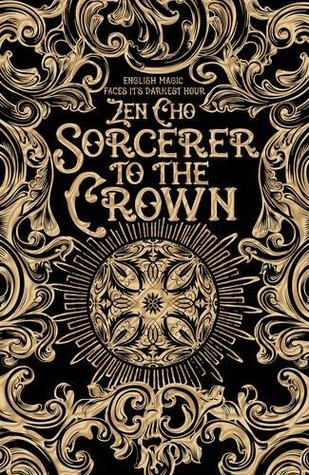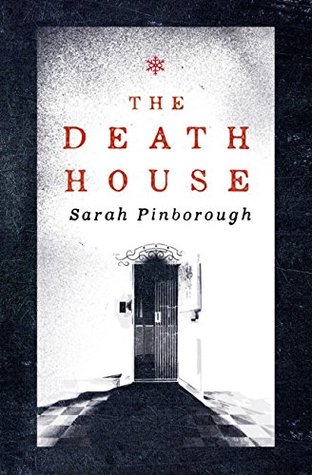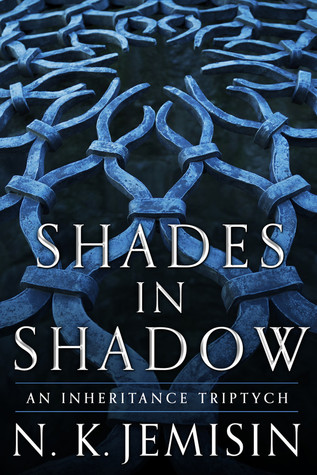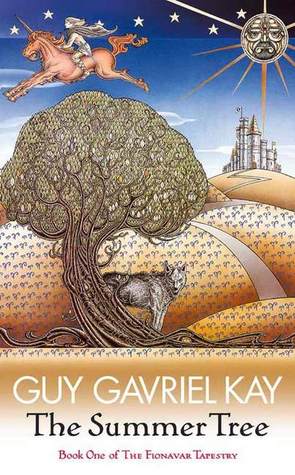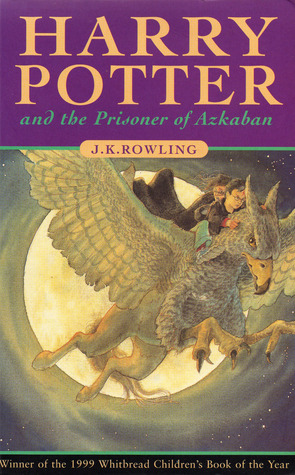 Named of the Dragon, Susanna Kearsley
Named of the Dragon, Susanna Kearsley
Silly story: when I finished The Winter Sea, I thought, darn, I really want a story by Kearsley that is set in Wales, in that landscape, which I love and feel part of. Because she does a great job with landscape, with the feelings it can invoke, but Scotland or Cornwall aren’t my landscapes.
Then I remembered I had already got a couple of chapters into Named of the Dragon. Suffice it to say that the landscape was satisfactory, and I would probably have felt homesick had I read this when not in Wales. Particularly at the bit with the lovely little chapel, St Govan’s — I’ve meant to go there for a while, because of the Gawain link, and this reminded me.
I’m not sure why I stopped at that point, before; while I adore the Welsh and Arthurian aspects of this book, it might have been the characters that didn’t work for me. Mostly the supporting characters: Elen, with her Arthurian fantasy; Bridget, with her flirtations and lack of remorse over basically planning to cheat on her partner; Christopher, with the general veneer of charm that lacked the warmth of (I couldn’t help but make the comparison) Stuart in The Winter Sea. I enjoy Kearsley’s books, but sometimes the supernatural links are too tenuous for me, or rather, too tenuously explained, too tangential to the actual emotional plot.
Because really, it doesn’t matter if Elen and her baby are really somehow related to Igraine and Arthur. What matters is the main character’s gradual acceptance of her own child’s death, her ability to finally put it aside and belong in the present, and help someone else. It doesn’t matter if Gareth and Lyn are somehow linked back to Gareth and Lynette, because their relationship is all their own anyway (and let’s face it, Lyn’s not half as nasty as Lynette, and this Gareth is at least twice as nasty as Fairhands).
I was glad that the romance wasn’t laid on too thick, here. There’s hope, potential, but nothing certain. If the book had been longer, more would have been okay, but for the length and where the story stopped, it was right to stop at that moment of potential.
Rating: 3/5

